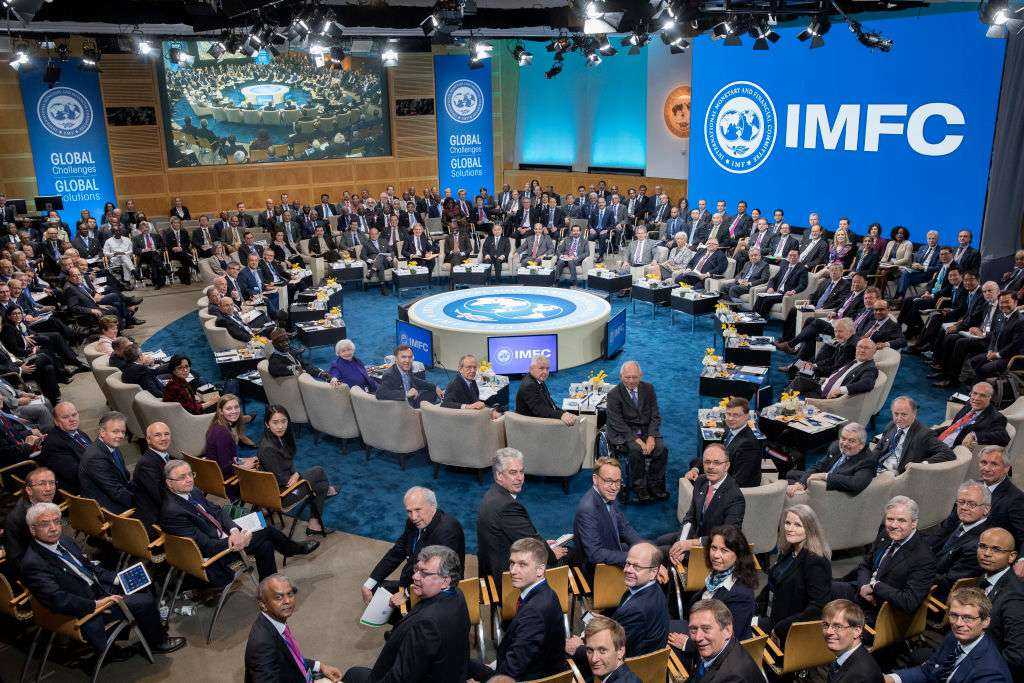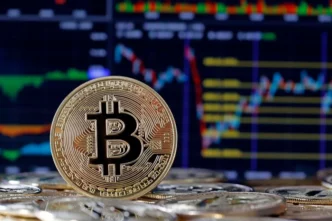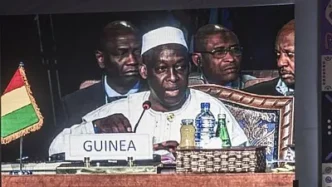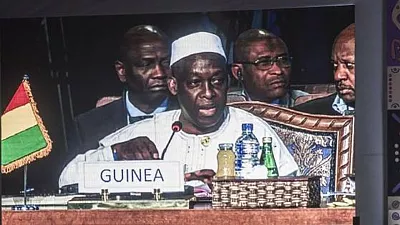El Salvador Revises Bitcoin Policy Amid IMF Loan Deal
El Salvador, famously known as the world’s first Bitcoin nation, has agreed to scale back its ambitious cryptocurrency policies to secure a $1.4 billion loan from the International Monetary Fund (IMF).
This landmark decision aims to address concerns raised over the economic risks tied to its adoption of Bitcoin as legal tender.
The IMF acknowledged that reforms to El Salvador’s Bitcoin policies have reduced risks associated with cryptocurrency adoption. The global lender confirmed that businesses in the country would now have the option to accept Bitcoin, rather than being mandated to do so.
“Legal reforms will make acceptance of Bitcoin by the private sector voluntary,” the IMF noted, adding that the government’s involvement in Bitcoin-related activities would also be limited.

Bitcoin’s Rise and El Salvador’s Economic Challenges
In 2021, El Salvador made history by becoming the first country to declare Bitcoin legal tender, a move that drew significant attention worldwide. However, this policy quickly became a contentious issue, with critics citing potential instability and opposition from financial institutions like the IMF.
President Nayib Bukele, a staunch Bitcoin advocate, continued to champion the cryptocurrency despite the backlash.
Earlier this month, as Bitcoin surpassed the $100,000 mark for the first time, Bukele celebrated the growth, claiming that the country’s Bitcoin holdings had doubled in value. He also accused political opponents of causing many Salvadorans to miss out on Bitcoin’s gains.
However, El Salvador’s economic struggles prompted negotiations with the IMF, which had long opposed Bukele’s crypto-friendly approach. The IMF’s approval of the loan deal still hinges on its executive board, but this agreement represents a critical step toward stabilizing the nation’s economy.
The Global Cryptocurrency Landscape
Bitcoin’s recent surge to over $108,000 reflects a broader rally in cryptocurrency markets, partly driven by Donald Trump’s electoral win in November. Analysts perceive the incoming Trump administration as more cryptocurrency-friendly compared to President Joe Biden’s tenure.
Nevertheless, the market experienced a pullback as the U.S. Federal Reserve signaled a slower pace of interest rate cuts in 2025. Bitcoin is now trading at around $100,000, reflecting the volatility that has consistently accompanied its rise to prominence.
Future Implications for El Salvador’s Bitcoin Policy
The recent policy shift raises questions about the future of El Salvador’s Bitcoin experiment. While the nation initially positioned itself as a trailblazer in cryptocurrency adoption, the IMF deal underscores the challenges of integrating digital assets into a traditional economic framework.
With Bitcoin’s value fluctuating and global financial institutions closely monitoring El Salvador’s economic decisions, the nation’s pioneering move continues to spark debate. Can El Salvador balance innovation with economic stability?
Read More:















